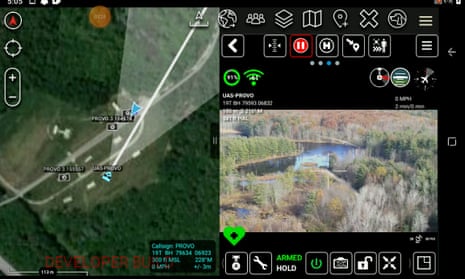Reinventing Defense with Silicon Valley Values
Tech startups backed by venture capital are transforming the defense industry with advanced technologies like AI and autonomous weapons. Companies such as Skydio, Anduril Industries, and Shield AI are leading this revolution, challenging traditional defense manufacturers.
Skydio, a California-based startup, manufactures autonomous drones for both military and civilian use. With over $740m in venture capital funding and a valuation of $2.5bn, Skydio has become the largest US drone maker after moving away from the consumer market in 2020. Their drones can fly autonomously without GPS, using onboard cameras and AI to execute missions and avoid obstacles.
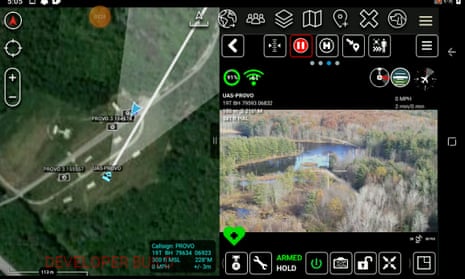
The rise of defense tech startups is a significant trend, with investors funneling nearly $155bn into these companies globally between 2021 and 2024. The US has over 1,000 venture capital-backed companies working on ‘smarter, faster, and cheaper’ defense solutions. Europe is also seeing an uptick in defense tech startups.
These new companies are driven by a zeal to help the US and its allies maintain a military advantage. Their approach includes developing autonomous systems, AI-powered counter-drone technology, and even AI pilots for fighter jets. However, concerns arise about the potential risks of these technologies being oversold or leading to increased militarization.
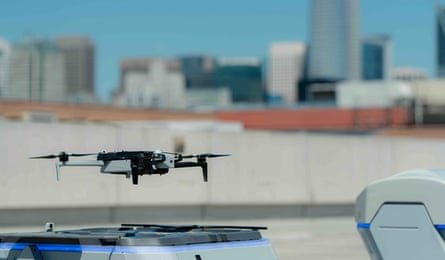
Anduril Industries, co-founded by Palmer Luckey, has received $3.7bn in venture capital funding and is valued at $14bn. They’re developing autonomous systems and weapons, including the Fury war fighter. Another startup, Epirus, is working on high-power microwave counter-drone systems.

Shield AI is focusing on developing AI pilots, while Castelion is working on autonomous strike weapons, including hypersonic missiles. These technologies aim to provide the US military with advanced capabilities, but also raise questions about the future of warfare and the role of venture capital in defense innovation.
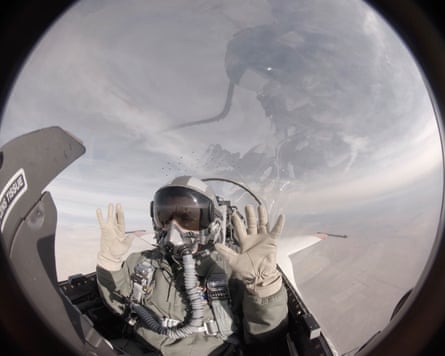
The defense tech sector faces challenges, including the US defense department’s antiquated acquisition system and concerns about the reliability of rapidly developed technologies. Despite these challenges, the sector remains optimistic about its potential to transform the defense industry.
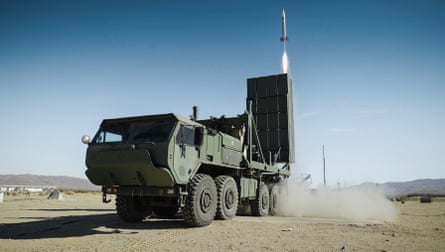
As the defense tech industry continues to evolve, it is likely to see consolidation and adaptation from traditional defense manufacturers. The success of these startups could lead to a significant shift in how defense technologies are developed and deployed.


